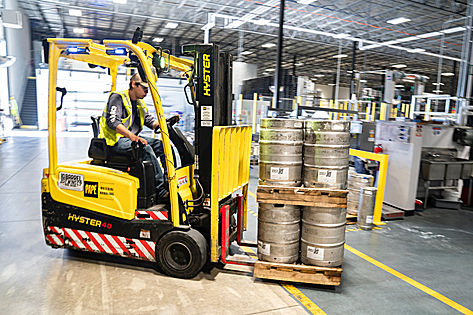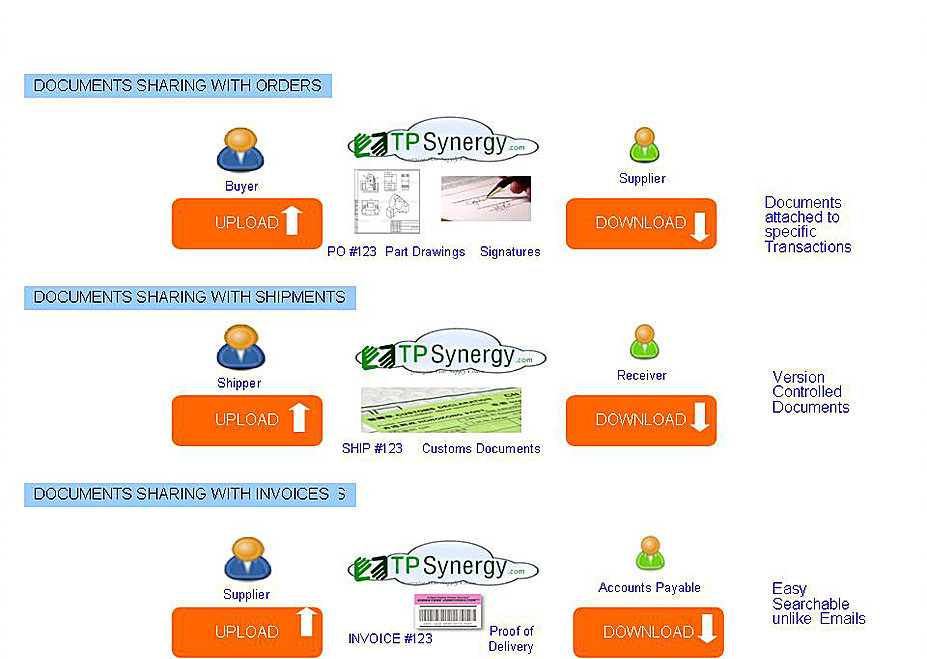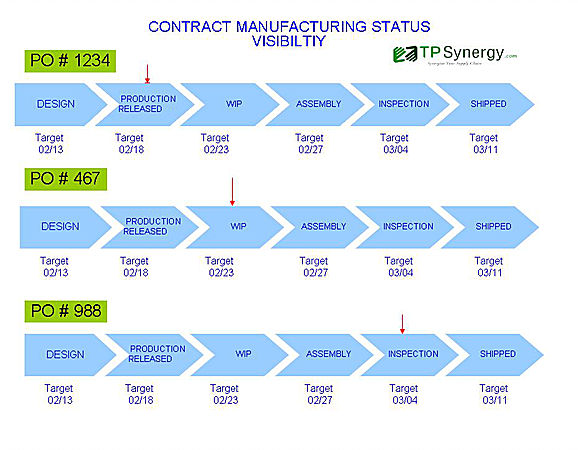Shipment Trackers vs. Data Loggers
In most trucking and logistics companies, a device called a data logger is used (pictured below). This records the latitude and longitude of the shipment along with other statistics like temperature, humidity, etc. While this is useful to get an idea of the conditions the shipment has been through, it’s not ideal for a variety of reasons

INEFFICIENT REPORTING
Like most wireless devices, data loggers are subject to battery levels and consumption problems. Using too much battery means a unit can only report for so long before going dark. While a single charge may be enough for a trip, in case of less than ideal circumstances, having a logger go dark is the last thing you need. The main problem with how data loggers report is that they are constantly recording data and storing it. While this may seem beneficial, it’s redundant and highly wasteful of battery resources. Location tracking doesn’t vary second to second, and temperature usually occurs over hourly, rather than minute-by-minute periods.
ERROR PRONE
Another issue with data loggers is the massive amount of manual work and entry that needs to be done. Even with modern loggers, the data needs to be transferred to a computer and scanned by a human for any aberrations found. While this may sound fine, a huge side effect of this is the possibility of error. Humans will always make mistakes, no matter how efficient you make a system. The key is to reduce the potential damage of that mistake. Misinterpreting a string of numbers given by a data logger can seriously impact or even jeopardize an entire shipment.
NON-ACTIONABLE INFO
Here’s the biggest problem with a data logger. They only give the data after a shipment has arrived, and not during transit. This is great if you want to get an idea of if your shipment is usable, but completely useless if you want to preserve your shipment in any way. Consider this: most pharmaceutical and medical products must be kept under a very strict atmospheric limit. Going even slightly above it would compromise the integrity of the shipment. Using a traditional data logger, you would only find the problem after your shipment is ruined. With a real-time tracker, however, the problem is immediately visible and you can take the required fixes necessary.

With all of these problems associated with traditional data loggers, it’s easy to see why a real-time tracker is needed. With a long battery life, automated data processing, and real time alerts, TPSynergy’s IoT-Enabled shipment tracker ensures you have total visibility over your shipments and can take action in real-time. You can learn more here: https://www.tpsynergy.com/iot-shipment-tracking





Leave a Reply